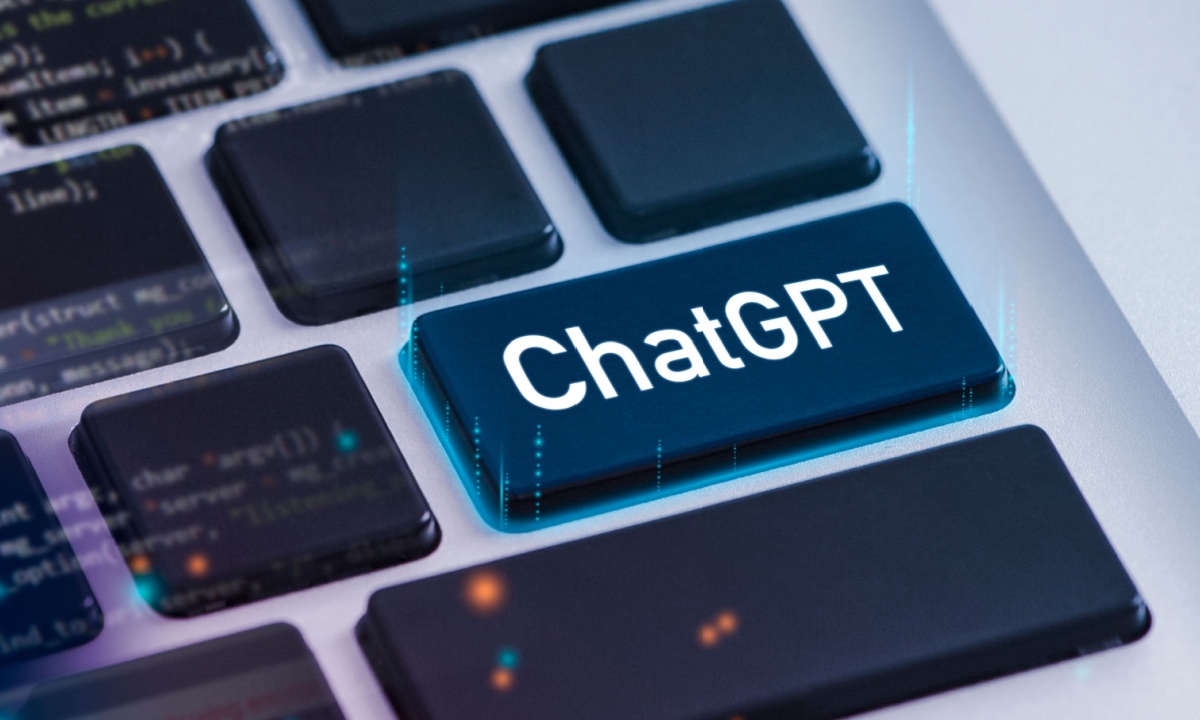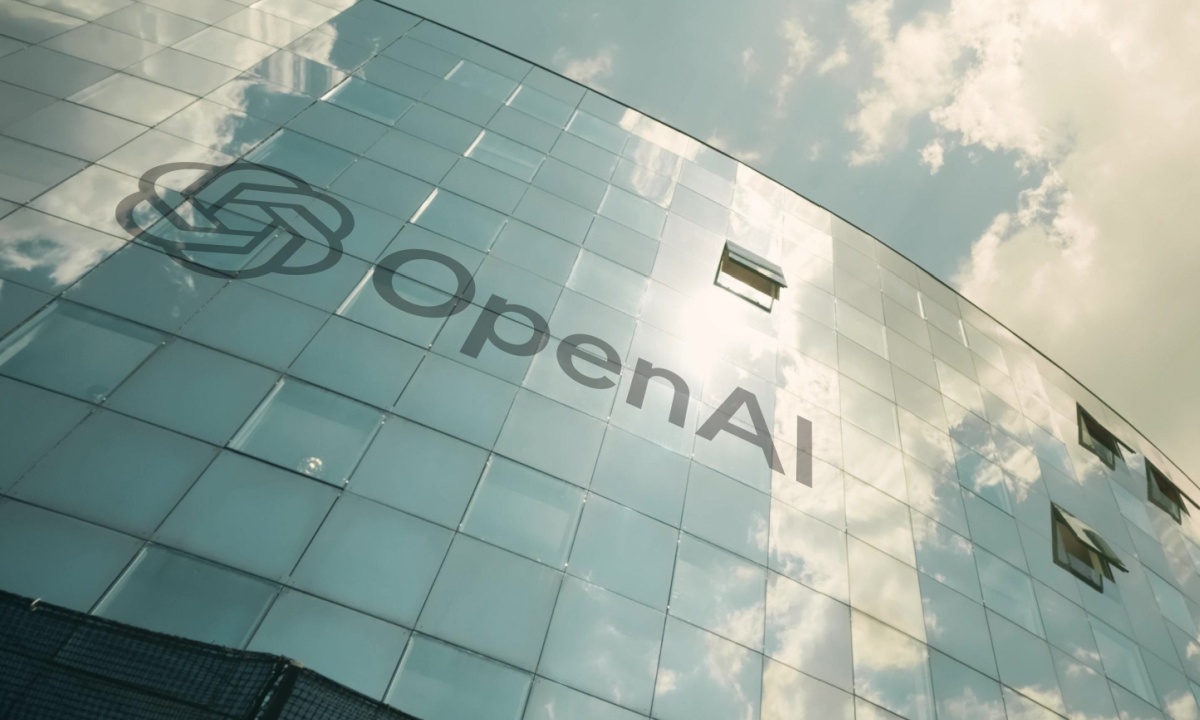
In a developing controversy that underscores the potential risks of artificial intelligence in legal environments, a prominent U.S. law firm has admitted to submitting court documents partially generated by ChatGPT, which included fictitious and inaccurate case citations. The firm was compelled to apologize in federal court for the oversight, raising new ethical questions about the use of generative AI tools in high-stakes legal proceedings.
According to court records, the firm had relied on ChatGPT to draft portions of a legal filing. Upon review by the court, several case citations provided in the brief were found to be non-existent or incorrectly summarized — a problem known as ‘hallucination,’ where AI generates plausible but false content. The revelation prompted an immediate response from the presiding judge, who demanded an explanation and clarification from the firm involved.
The firm has since issued a public apology and admitted it failed to verify the AI-generated content before submitting the document. It also stated it would implement stricter review procedures and restrict the use of generative AI in preparing legal documents going forward.
This incident adds to a growing list of examples where reliance on AI without human oversight has resulted in errors, particularly in sensitive contexts such as legal proceedings, healthcare guidance, and academic publishing. Some legal experts are calling for stricter regulatory frameworks and enhanced lawyer training to ensure that generative AI is used responsibly and ethically in the profession.
While AI tools like ChatGPT can enhance productivity, experts stress the importance of maintaining careful oversight. “These tools should aid research, not replace the rigorous due diligence required of legal practitioners,” said Professor Laura Connors, an expert in legal ethics at Harvard Law School.
Courts are now beginning to consider rules or guidelines on the use of AI in legal submissions. In the meantime, judges across the country are warning attorneys to independently verify any information generated through artificial intelligence tools before submitting it in official court proceedings.
This event serves as a pivotal moment for the legal industry, emphasizing both the potential and the peril of incorporating AI technologies into legal workflows without proper safeguards.
Source: https:// – Courtesy of the original publisher.








